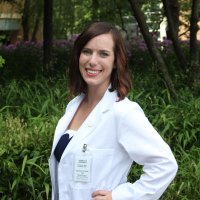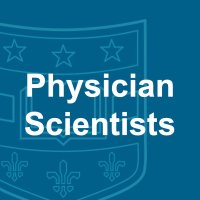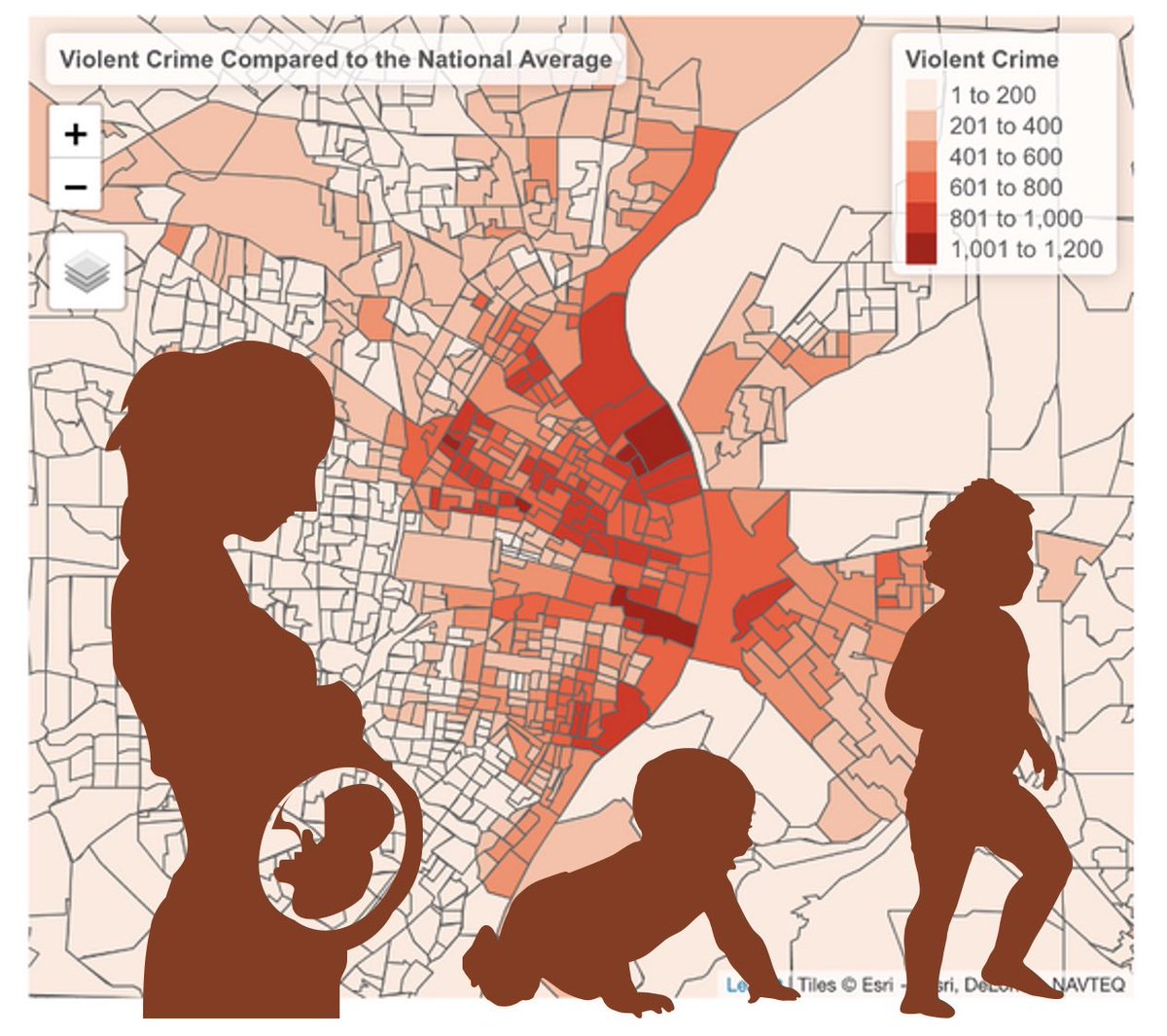
WUNDER Lab
@wunder_lab
Studying brain connectivity, psychopathology, development and psychosocial risk in high risk infants @ Wash U school of medicine. Led by Drs. Rogers & Smyser
ID: 1087769870413037575
http://wunderlab.wustl.edu 22-01-2019 17:52:01
162 Tweet
349 Takipçi
179 Takip Edilen

Congratulations to Rachel Lean-Chipperfield on her appointment to Assistant Professor at Test Account Psychiatry!! We’re excited to see all the great work you do!

Congrats to Peppar Cyr for her article about how early brain activity can help us predict motor development at age two in premature infants. Editorial team - Neuroimage Clinical #cerebralpalsy #prematurity #fmri sciencedirect.com/science/articl…

Congratulations to Regina Triplett, MD, MS (@RLTriplett), and Osvaldo Laurido-Soto, MD, on their recent ICTS @ WashU in STL 2023-2024 Clinical and Translational Research Funding Program awards!


Getting excited for #SRCD23! If you’re interested in neighborhood crime exposure, early externalizing behaviors, neonatal fMRI, or observed parenting behaviors, consider stopping by my poster to hear some NEW findings! Society for Research in Child Development


Join us for some exciting science this morning #SRCD23! Assistant Professor Rachel Lean-Chipperfield is sharing her latest findings in the Perinatal Experiences and Brain Development session Society for Research in Child Development!



Drs. Cynthia Rogers and Christopher Smyser received a MERIT award from the National Institute of Mental Health of the National Institutes of Health for their research focused on preterm babies' brains as the children age. Cynthia Rogers, M.D @WUSTLPeds source.wustl.edu/2023/03/rogers…

I’m lucky to have such WUNDERful mentors!! It’s been an honor to work with the WUNDER Lab studying the downstream effects of premature birth!

Belated announcement that as of a few months ago, I'm a postdoc at the Test Account WUNDER Lab! It's been a rollercoaster year (hence the twitter absence), but I'm delighted to have settled into a great research home with Cynthia Rogers, M.D, Chris Smyser, and @BarchDbarch 😌.

Have been looking forward to this - next speaker today is Cynthia Rogers, M.D talking about social determinants of health on infant brain development. #SOBP2023



✔️PhD I successfully defended my PhD thanks to my incredible team of mentors! My PIs: Chris Smyser & Cynthia Rogers, M.D, and bonus mentors: @BarchDbarch, Joan Luby, @upennedenlab & Joshua Shimony, have always supported me and my work. I feel truly fortunate to be in the WUNDER Lab!


Congratulations to our (former) graduate student Rebecca Brady, MD, PhD! It was a pleasure to have you in lab. We cannot wait to see what else you accomplish!

New preprint! Are early environments associated with the pace of cortical network development? In my first postdoc preprint with the WUNDER Lab, @BarchDbarch, Cynthia Rogers, M.D, and Chris Smyser, we addressed this question. 🧵 biorxiv.org/content/10.110… \1

#JAACAP New Research from WUNDER Lab at @WUSTLMed finds long-term associations of maternal #NICU distress on children at age 5. #mentalhealth jaacap.org/article/S0890-…


Crime negatively affects teens, but what about toddlers? In a new paper out in JAACAP Journals, we found that toddlers living in high crime neighborhoods had more externalizing symptoms at 1 & 2yrs, especially aggression. WUNDER Lab But how does crime influence toddlers?! 🧵 1/


#JAACAP study found that high #neighborhoodcrime and weaker newborn brain connectivity was related to higher #externalizing symptoms in toddlers. WUNDER Lab @rebeccagbradyb jaacap.org/article/S0890-…


How does the brain's surface expand in the first ten years of life? How does being born very preterm impact this process? We answer these questions in our new paper in @BrainComms. Check it out below! doi.org/10.1093/brainc…


